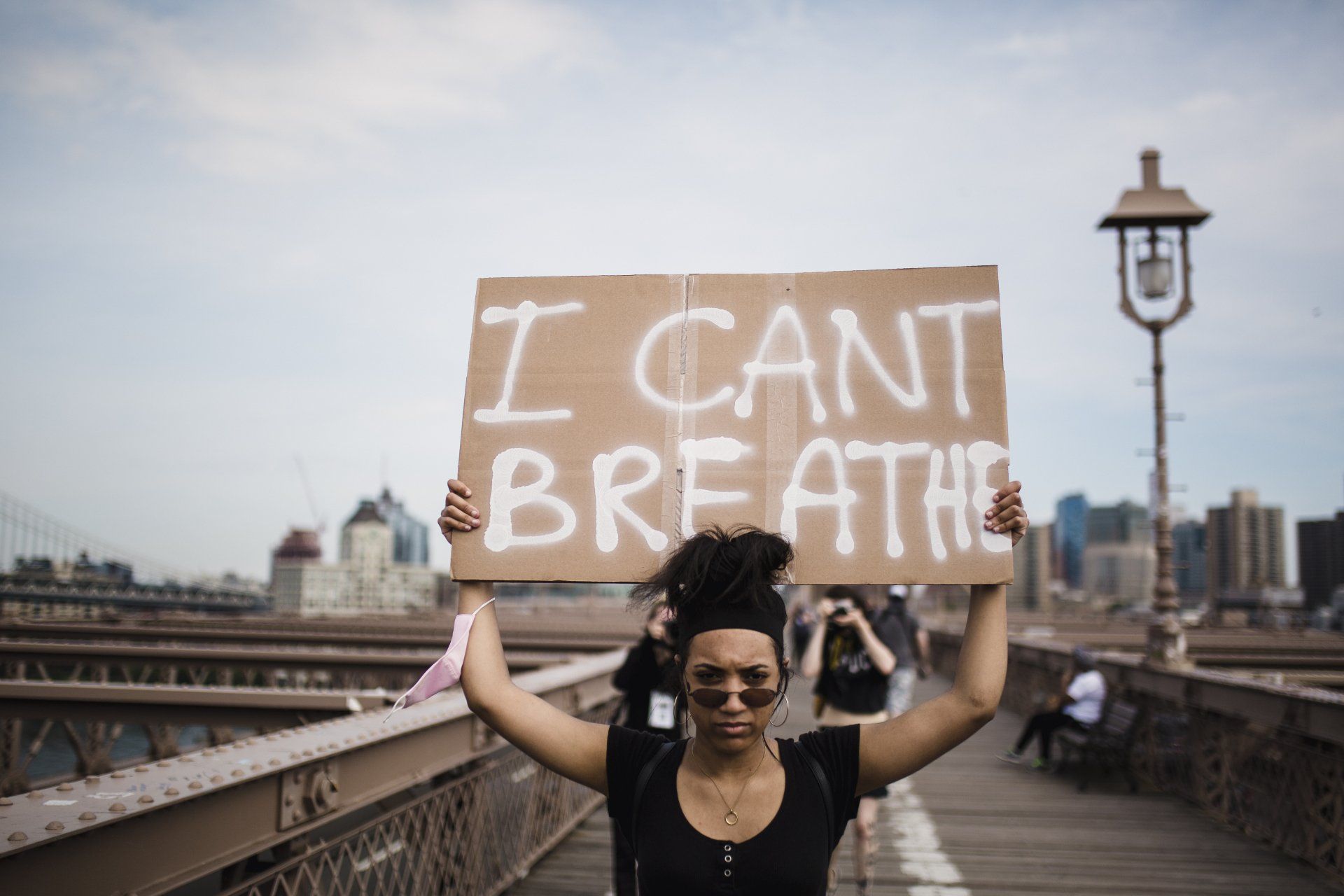We’ve all seen in American movies or on shows like Law and Order that when a person gets arrested, the police tell them something about them having the right to remain silent and other things as well. That thing that police say is called in the US Miranda rights. In Canada, we do not have Miranda rights but we have something similar. We call them Legal Rights.
What Are Those Legal Rights And Why Should You Care About Them?
The Legal Rights are rights that are guaranteed by the
Canadian Charter of Rights and Freedoms . More specifically, the Legal Rights are found at sections 7 to 14 of the Charter. If you read the rights that are found in those sections, you will realize that these are rights that apply in the criminal law context during the interaction of an individual with a state representative, often in the form of a police officer.
Why You Have These Rights
The purpose of the Legal Rights is to protect individuals in their dealings with state agents who are more powerful, more resourceful and who usually have more information about individuals than the individuals themselves. The Legal Rights seek to establish a balance between the power of the state and the individual by guaranteeing rights such as the right to silence (when questioned by the police), the right to be protected against unreasonable searches and seizures, the right to be protected from arbitrary detentions, etc., …
When Do These Rights Apply
Given that the Legal Rights apply during your interactions with state agents (police officers) it is important for you to know the nature of these rights by reading and getting familiar with the text of sections 7 to 14 of the Charter. You should at least know about these rights so that if ever you are in a situation dealing with a police officer and that officer violates your right, you should bring to your lawyer’s attention the fact that the officer violated your Charter right. If there is indeed a violation of any one of your Legal Rights, you may have a remedy under the Charter and the most common remedy is the exclusion of the evidence that the police obtained against you through their interaction with you under section 24(2) of the Charter.
In some criminal law cases, the entire defence relies on a Charter argument, where the only argument your defence lawyer will make is one based on a Charter violation where the exclusion of evidence is the ultimate remedy sought. This often happens in impaired driving cases and in drug cases. So if you are facing an impaired driving or drug charge, take notes of and remember your interaction with the police before the charge was laid (and sometimes even after the charge was laid). Take good notes and tell your lawyer about what happened. You may have a Charter argument that could make you win the case.

About The Author
Maya Shukairy is a criminal defence lawyer based in Ottawa, Ontario. Before becoming a criminal defence lawyer, she worked in a Crown’s Office gaining experience working as a Crown prosecutor. Maya offers her services in English, French and Arabic. Shukairy Law has affordable rates and accepts Legal Aid certificates.
Find this post informative?
Share it with your friends and family.
CAUTION: the information on this page does not constitute legal advice and is NOT a substitute for legal advice. To obtain legal advice please refer to a lawyer. If you do not have a lawyer and you are seeking legal advice, you may contact us at (613) 670-5819.
Take a look at a few other posts...



